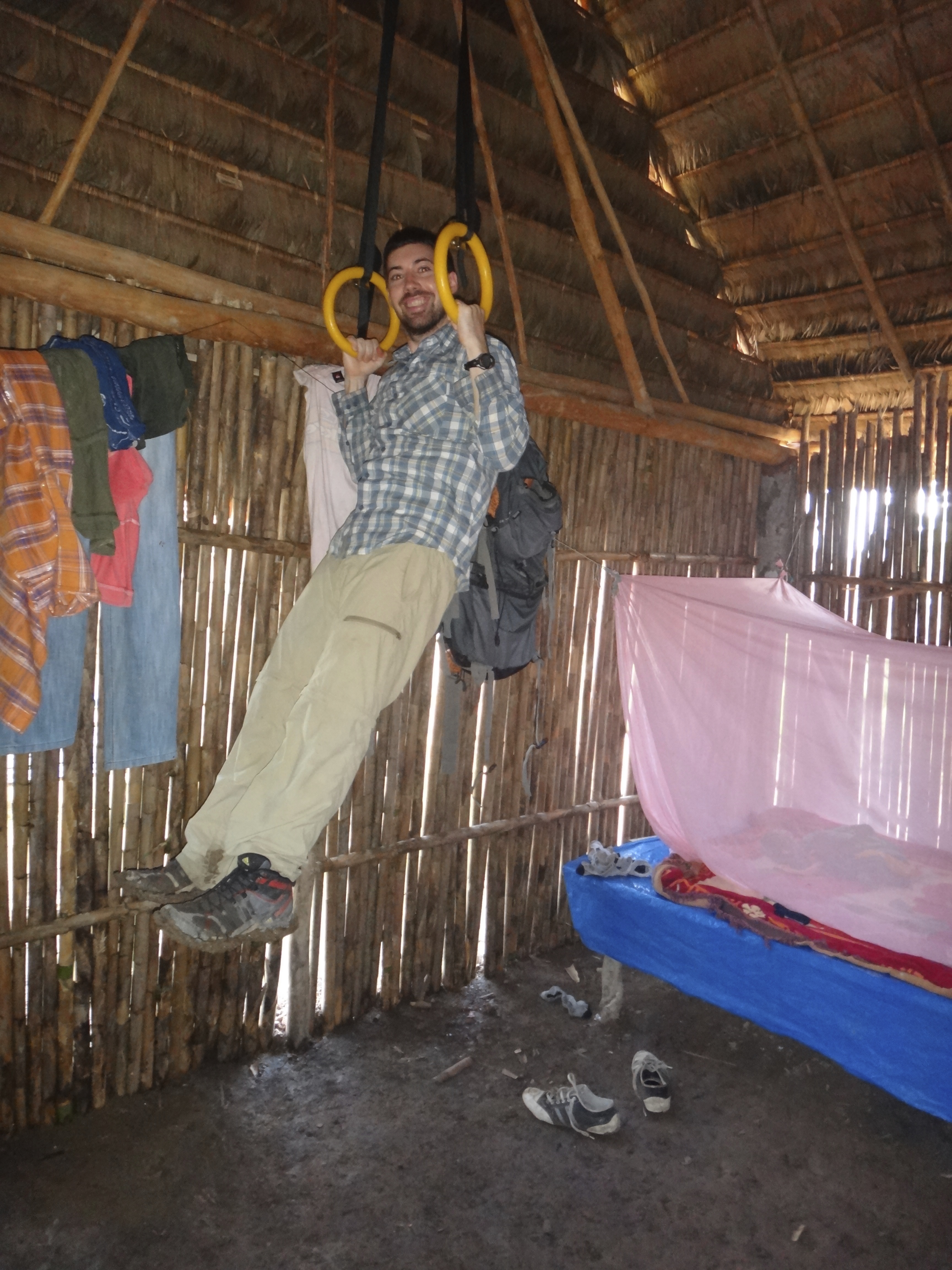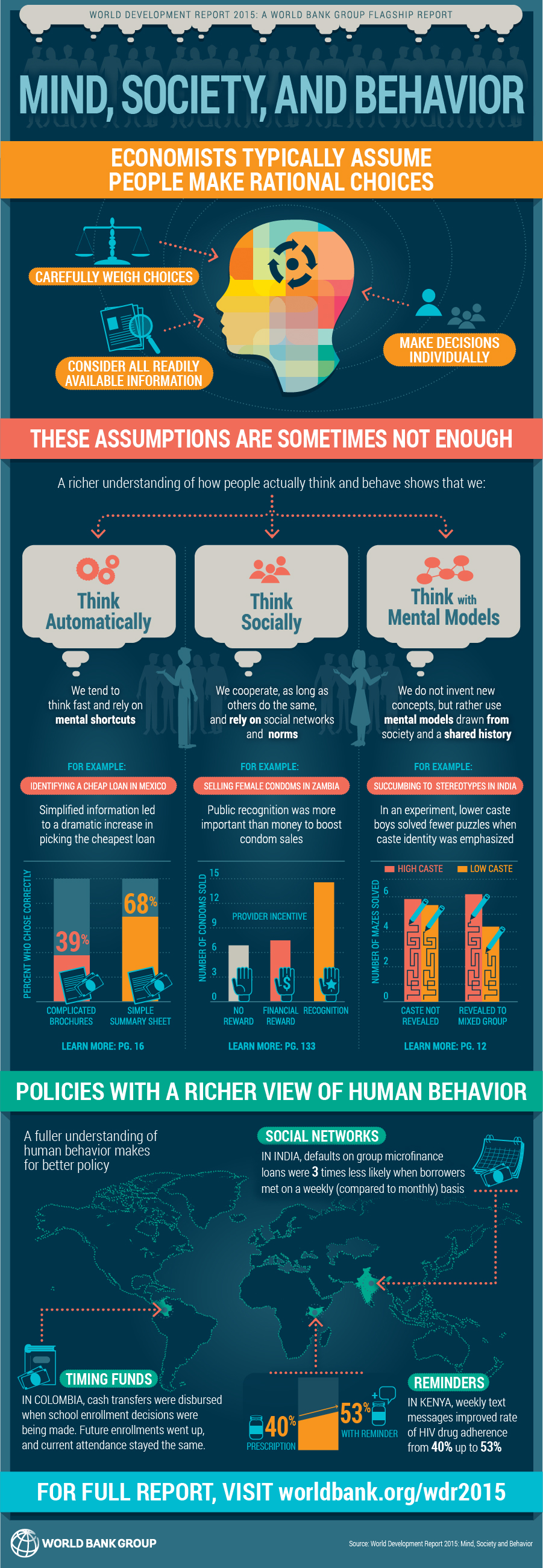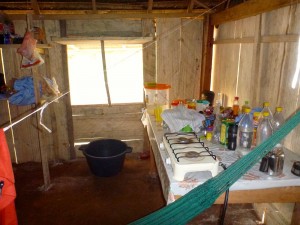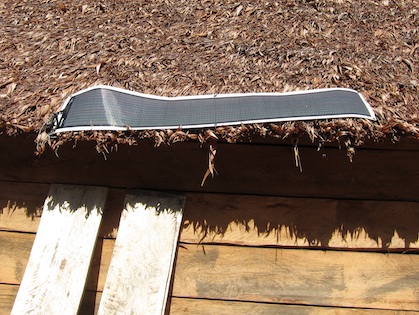by Asher on October 4, 2017
 Asher doing a standard pull-up on gymnastic rings during fieldwork in Bolivian Amazonia.
Asher doing a standard pull-up on gymnastic rings during fieldwork in Bolivian Amazonia.
When I was in graduate school, fellow students would often tell me they didn’t have time to work out because they felt they needed to constantly be reading/studying/working in the lab. However, my response was “you don’t have the time not to work out.” Sitting in front of the computer all day and being sedentary can harm productivity. Those exercise breaks, even if it’s just a walk, can help ideas solidify, relieve stress, and provide a much needed break for personal time, which can bring you back to your work more refreshed.
[click to continue…]
by Alan on February 22, 2015

Freakonomics just posted a great interview with the physician-anthropologist president of the World Bank, Jim Yong Kim. In it, he talks about changes in the bank’s approach to encouraging development. He also talks about how he used to want to shut down the bank (before it shifted mission and he became president) and their current foci on automatic thinking, social pressure and mental models to encourage change that leads to better overall well-being. It’s based on the great new WBG report, Mind, Society and Behavior. Check out their info graphic below for a nice summary introduction.

by Alan on January 8, 2015

Just four days ago kraftwerk launched a half-million dollar Kickstarter campaign–that has already surpassed half its goal–to fund final development and production of a portable butane fuel cell for consumer electronics. It’s one of the first of a new breed of fuel cell technology with widespread consumer applications. For travelers (and field researchers) it promises to provide 11 charges of an iPhone with each butane fluid refill. And it does this while weighing just 7 oz. Compare that to the Energizer/XPAL XP18000 100WH lithium battery with a similar charging capacity that weighs 2.3x as much. The kraftwerk also beats lithium ion batteries on refill time requiring just a couple of seconds while the XP18000 takes at least a couple of hours to charge from the mains. But there are sacrifices too. For now, the kraftwerk can only provide 2 amps maximum at 5 volts, which is well under the XP18000 that can be used to charge most (powered off) laptops.
Coming on the heels of news about Toyota’s forthcoming Mirai hydrogen fuel cell car, it seems we may be close to a shift in use and thinking about direct power generation via fuel cells versus traditional battery charging—now even at the scale of USB chargers. Check out more at kraftwerk’s kickstarter page.
 Asher doing a standard pull-up on gymnastic rings during fieldwork in Bolivian Amazonia.
Asher doing a standard pull-up on gymnastic rings during fieldwork in Bolivian Amazonia.







